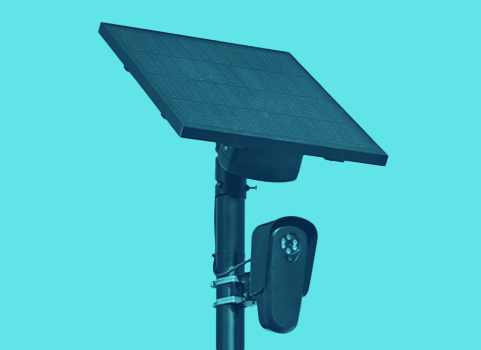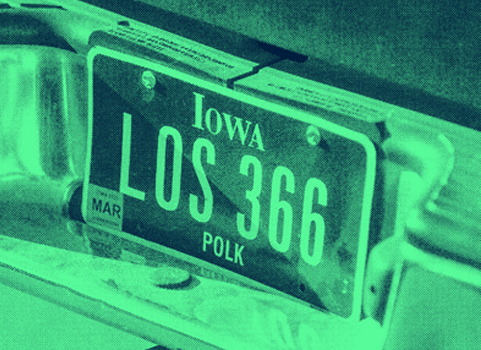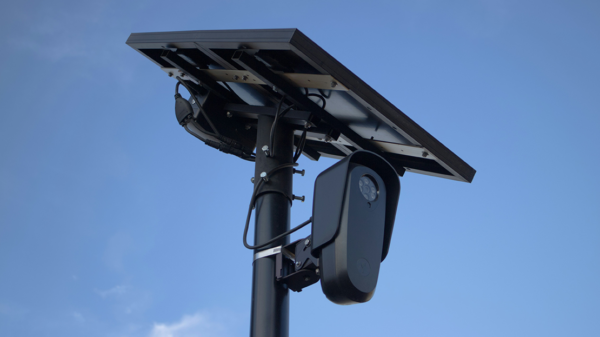

Stop Government Surveillance: Pump the Brakes on ALPRs in Iowa
TAKE ACTION
Join our team of Iowa volunteers mobilizing to stop mass government surveillance and the private companies fueling it.
Last updated on January 30, 2026
Every day in Iowa, hundreds of Automated License Plate Readers (ALPRs) are taking hundreds of thousands of images of license plates of ordinary community residents—likely including you.
It's not that you're suspected of doing anything wrong, but your movements are being tracked and fed into a massive national database just in case. This means your location data is being accessed and used with little to no safeguards or regulation.
ALPRs are now in more than 39 communities in Iowa. And their numbers are growing. One of the companies that provides these cameras, Flock Safety, is making an aggressive sales pitch to Iowa law enforcement and city governments, convincing them to install these cameras to bring Big Brother-style government surveillance into the very communities they are charged with protecting and serving.
Other Resources

ALPRs 101
The basics, explained. This resource outlines what ALPRs are, why they matter, and how they impact your life.

Local Advocacy Toolkit
Be an advocate against ALPRs. Read how to take effective action and influence decision-makers with this resource.

Myth vs. Reality
Separate fact from fiction. This resource will help you cut through misinformation about ALPRs and confidently understand the issue.

Report
Is your community using ALPRs? This report surveyed 48 Iowa law enforcement agencies on their use of ALPRs.


